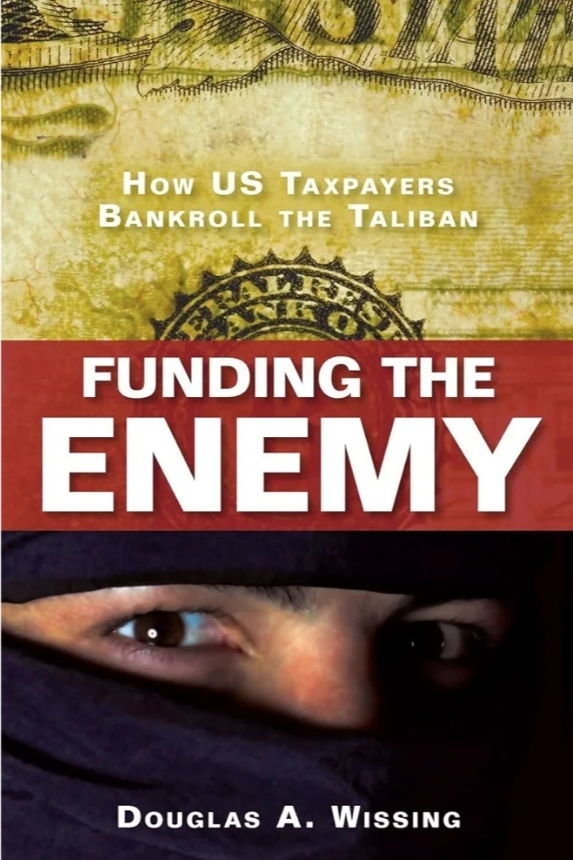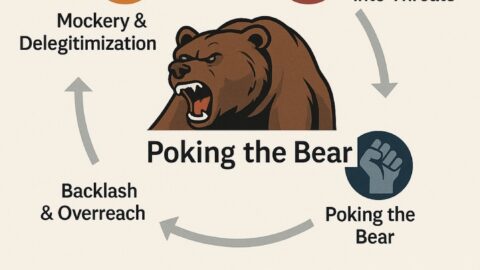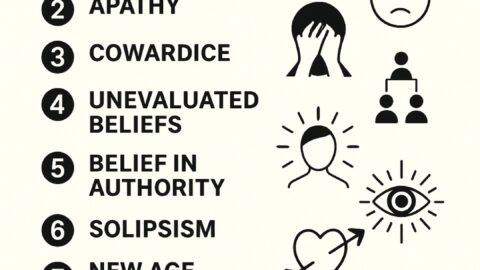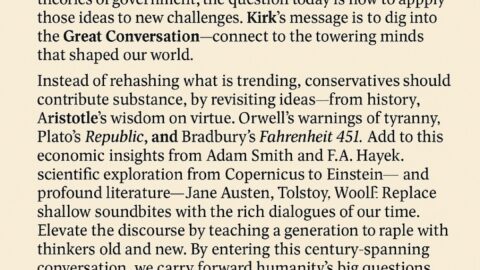Douglas A. Wissing’s Funding the Enemy: How U.S. Taxpayers Bankroll the Taliban critically examines how U.S. financial efforts in Afghanistan have inadvertently supported the very insurgency they aimed to combat. Published in 2012, the book delves into the complex interplay between U.S. military operations, reconstruction projects, and the Taliban’s financial networks.
Key Themes and Insights:
Misallocation of Funds:
- Wissing highlights how billions of dollars intended for development and logistics were mismanaged, leading to significant portions ending up in the hands of the Taliban. This mismanagement not only undermined U.S. objectives but also fueled the insurgency. publishersweekly.com
Corruption and the Opium Trade:
- The author discusses the pervasive corruption within the Afghan government and how U.S. funds inadvertently bolstered the opium trade, a primary revenue source for the Taliban. This created a vicious cycle where efforts to curb insurgency financing were counteracted by the unintended consequences of U.S. policies. publishersweekly.com
Systemic Issues in Aid Distribution:
- Wissing critiques the “toxic system” involving diplomats, private military contractors, aid organizations, and local power brokers. He argues that this network often prioritized personal gain over strategic success, leading to inefficient use of resources and empowerment of adversarial forces.
Methodology:
Drawing from extensive on-the-ground research, including firsthand accounts and official reports, Wissing provides a detailed narrative of the unintended consequences of U.S. intervention in Afghanistan. His investigative approach sheds light on the complexities and challenges of foreign aid in conflict zones.
Relevance and Reception:
Upon its release, Funding the Enemy sparked discussions about the efficacy of U.S. foreign aid and military strategies in Afghanistan. The book serves as a cautionary tale about the potential pitfalls of well-intentioned interventions lacking robust oversight and cultural understanding.
In summary, Wissing’s work offers a critical perspective on how U.S. taxpayer money, aimed at stabilizing Afghanistan, paradoxically financed the Taliban, thereby prolonging conflict and undermining stated objectives.
Recent Developments in U.S. Aid to Afghanistan
Veterans outraged at US cash benefiting the Taliban via the UN: ‘This has to stop now’

lemonde.frUS aid is still vital to Afghanistan179 days agoapnews.comThe Taliban have no legal right to multibillion dollar Afghan fund, says US watchdog22 days ago







